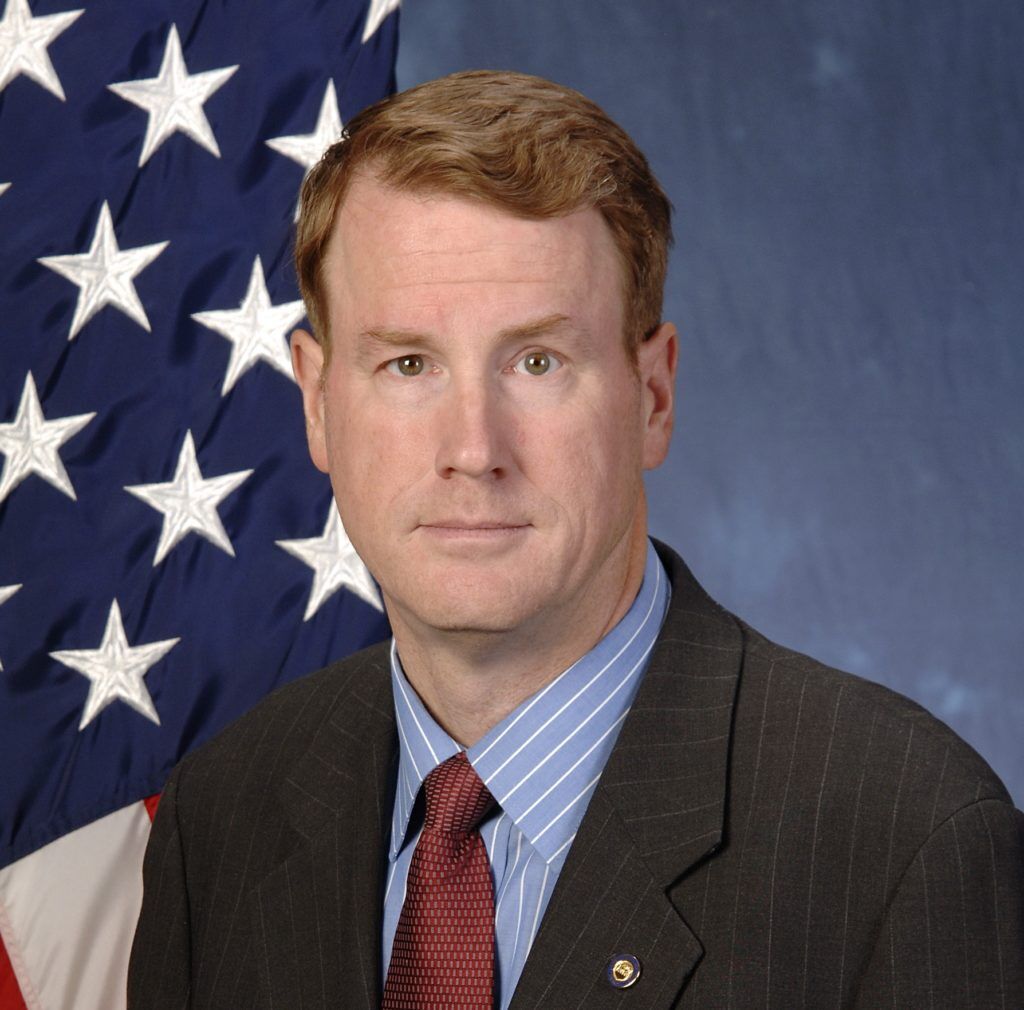BIDLACK | Pot convicts no longer beg our pardon

Way back in 1981, as a newly-minted second lieutenant fresh out of Air Force ICBM school, I arrived at F. E. Warren AFB up in Cheyenne and began my various certifications that would eventually allow me to start “pulling alerts,” as we called the 24-hour shifts at ICBM launch centers scattered around the roughly 20,000 square miles containing the base’s then-200 missiles. As you can imagine, the Air Force is rather strict about who tends to the nukes.
Among those certifications was what was called a “nose certification.” That is not an abbreviation or an anacronym. No, it is literally certifying your nose by military cops burning proven marijuana in front of you. They say, “this is what marijuana smells like” and we all agreed. The reason for this rather strange ritual was that if we found ourselves on alert, and smelled the smell of burning pot, we could legally call the cops, because we were, well, nose certified, and the person accused could not later claim to have only been, say, burning rope. Weird, I know. Over the years since that day, I occasionally caught a whiff of that recognizable smell and thought to myself, “self, that’s marijuana, and I know that because I’m nose certified.”
Which, of course, brings us to Gov. Polis.
When the good people of Colorado voted in 2012 to legalize personal use of marijuana, a lot of people breathed a sigh of relief, and I bet many of them were cops. Chasing down people with tiny amounts of pot for personal use was always a hassle and rarely worth the effort. Yet it was the law. So, when the voters decided to allow people to have a bit more personal freedom (usually a good thing) the cops were able to stop worrying about pot and likely didn’t have to undergo any nose certifications anymore.
But that left a problem that was, happily, recently fixed, first by the state legislature and now by our illustrious governor. As reported in Colorado Politics, House Bill 1424 authorized the governor to grant pardons to those individuals convicted of marijuana violations that, under current law, are no longer violations. And today Polis issued pardons to 2,732 of our fellow Coloradans who had been convicted under the old laws. That is a lot of people who, in many important ways, got their lives back today.
Conviction on such charges used to be a rather dark stain on one’s life story. A number of employers won’t consider people with such convictions and getting a security clearance (important in lots and lots of Colorado-based defense jobs) becomes basically impossible with a drug conviction. So, Polis, yet again, did the right thing and repaired a number of lives in the process.
As I’ve mentioned before, I was a military cop part time during the last two of my 25 years of active duty. And from that experience, I will assert that I’d rather deal with 10 people who are high on pot than deal with one nasty drunk. I’ve never been drunk or high, so I don’t get the thrill, but the people I dealt with who were drunk tended to be some of the nastier folks around, whereas the high folks were mostly looking for an open Taco Bell.
This bipartisan effort by our state legislators and our governor gives lie to the assertion that the two parties cannot work together. While that may be at least partially true on the federal level, once again Colorado has shown how things can work out when everyone involved is a grownup.
This is the type of governmental action that is unlikely to get much coverage on the TV news, as it does not have people yelling at each other, which is apparently better political theater. And even on the national stage much gets done outside the glare of TV lights. As I’ve mentioned before, back when I was a staffer for another remarkable Colorado public servant, Sen. Michael Bennet, I worked every day with the staffs from all the other House and Senate offices to fix military pensions, deal with overdue VA payments, and many other issues. So it can be done.
It makes far more sense to criminalize misbehaviors that result from ingesting chemicals than it does to outlaw the ingestion itself. We arrest drunk drivers and high drivers, but we don’t make it illegal to drink or get high. These pardons may not seem that significant in the overall picture of state government, but I assure you it is the most meaningful thing possible for about 2,732 people who can breathe a little deeper and freer today. And that’s a good thing.













